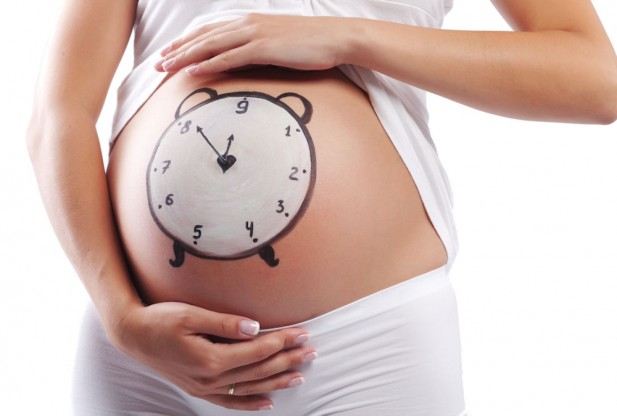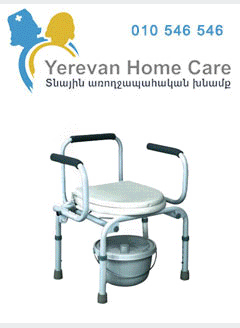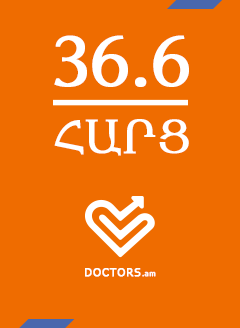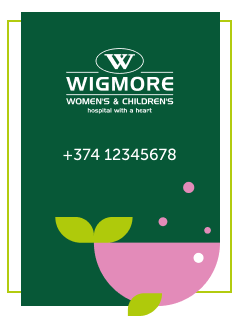Mothers who suffer morning sickness may have a healthier pregnancy with a lower chance of miscarrying, according to a study that also suggests the baby may also be more intelligent.
An analysis of research studies has found a host of benefits associated with vomiting and nausea in pregnancy.
It is thought that the sickness may be triggered by higher levels of hormones indicating a healthier pregnancy.
The Duchess of Cambridge suffered a severe form of morning sickness while pregnant with Prince George, called hyperemesis gravidarum which requires treatment in hospital.
However the researchers cautioned that the beneficial side effects of morning sickness may not extend to hyperemesis.
Canadian researchers found that women not suffering from nausea and vomiting in pregnancy were between three and ten times more likely to miscarry in the first three months of pregnancy compared with women who had sickness symptoms.
Babies born to mothers who had morning sickness were also less likely to have birth defects, be born prematurely, or be small or have a low birthweight.
They also scored higher on IQ tests when aged between three and seven years.
The researchers said in many of the studies included in the analysis, women who took anti-sickness drugs for their morning sickness while pregnancy. The results showed that the beneficial effects of morning sickness may skew the safety profile of drugs taken during pregnancy.
They looked at data from 10 separate studies conducted in five countries between 1992 and 2012 which covered 850,000 pregnant women
The study was published in the journal Reproductive Toxicology.
The analysis found:
– Mothers who suffered nausea also had fewer premature births; 6.4 per cent compared to 9.5 per cent for healthy mothers.
– The risk of miscarriage was also more than three times higher in women who did not experience morning sickness.
– Women 35 or older in particular seemed to benefit from what the researchers called the ‘protective effects’ that resulted.
– The new study found that among the other benefits of going through morning sickness was that the risk of birth defects was reduced by between 30 per cent and 80 per cent.
– Some of the studies suggested that the benefits were greater with moderate to severe sickness compared with mild illness.
Lead author Gideon Koren from the Department of Paediatrics, The Hospital for Sick Children and the University of Toronto, wrote in the journal: "The present analysis reveals a consistent, favourable effect of nausea and vomiting in pregnancy on rates of miscarriages, congenital malformations, fetal growth, prematurity, and better developmental outcomes on standard psychological tests.
"These findings may stem from a more favourable hormonal milieu in cases of nausea and vomiting in pregnancy, although this hypothesis has not been proven to date.
"Women with moderate to severe nausea and vomiting in pregnancy often experience major negative impact on their health and quality of life.
"Our analysis indicates that reassuring these women that their severe symptoms may confer favourable fetal outcome in their unborn babies, is logical. While this may not be the case in women experiencing hyperemesis gravidarum, it does seem to be valid for the majority of pregnancies."

















